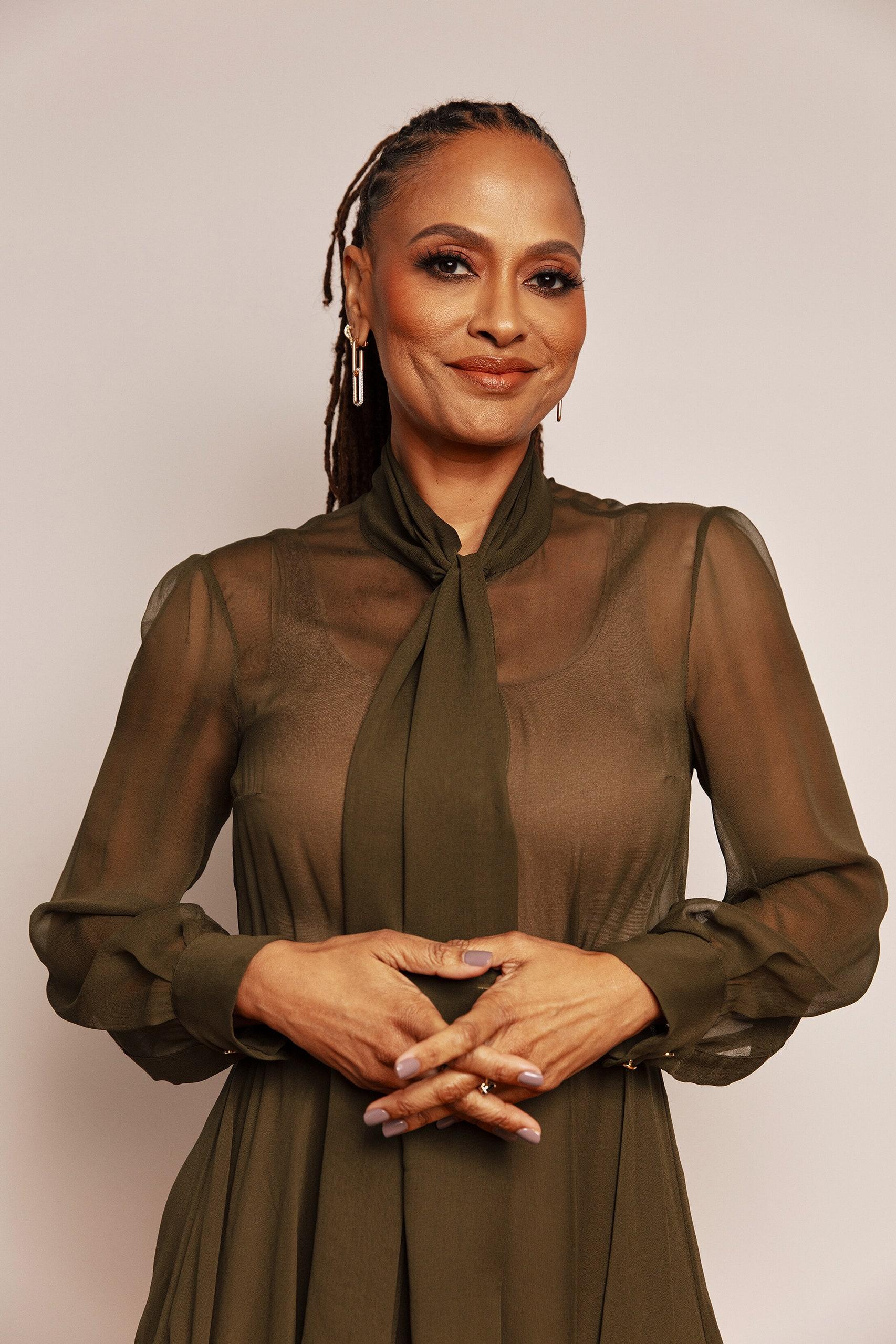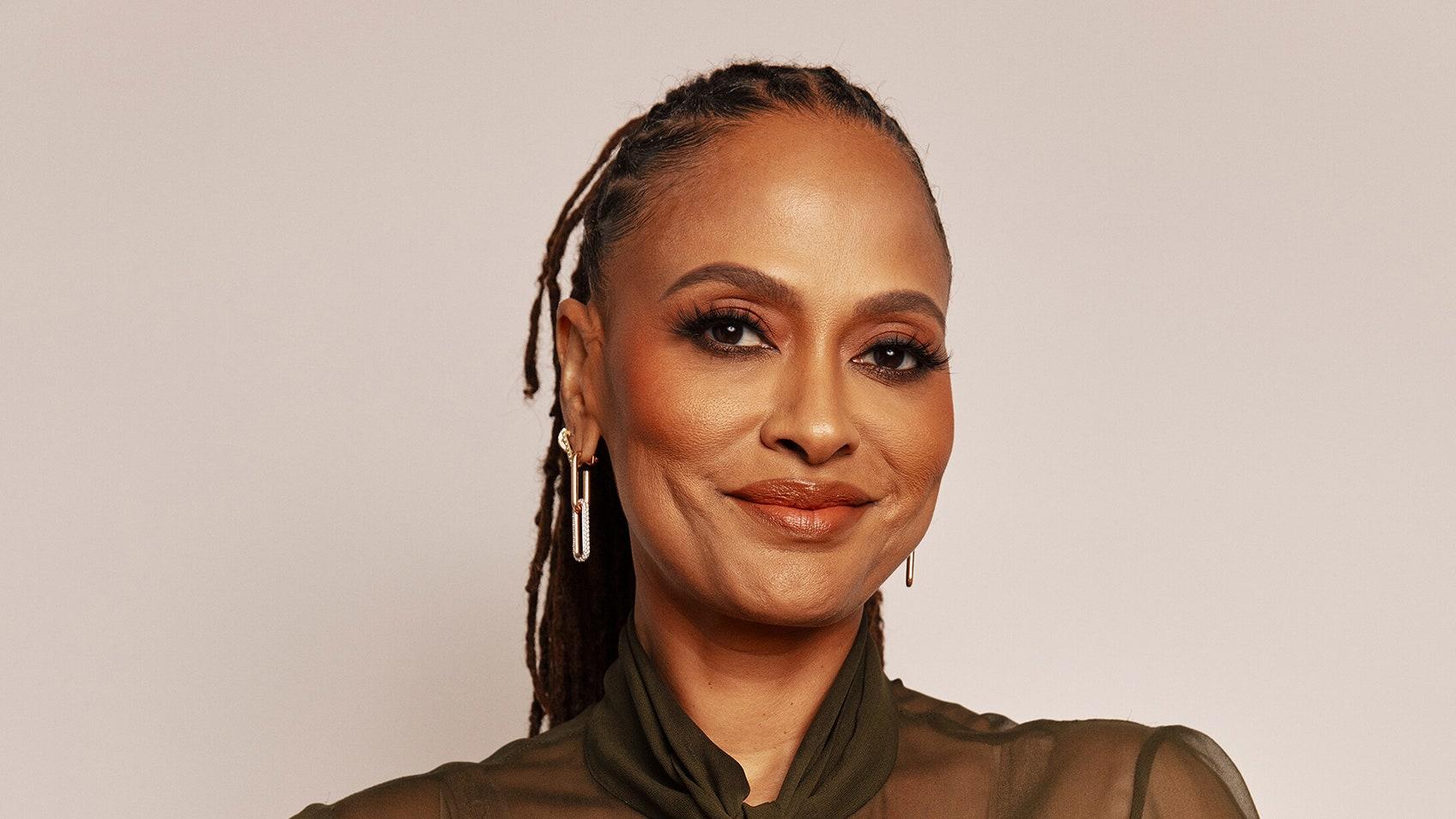Ava DuVernay stands as a formidable force in contemporary cinema, not only for her artistic prowess but also for her unwavering commitment to social justice. Through her work as a filmmaker, DuVernay has consistently utilized the medium of film to explore and challenge societal norms, addressing issues of race, inequality, and historical injustices with a distinctive blend of narrative depth and visual storytelling. Her films and documentaries, ranging from the critically acclaimed “Selma” to the thought-provoking “13th,” serve as both a reflection and critique of the world we live in, prompting audiences to engage with complex social realities. This article delves into DuVernay’s unique approach to filmmaking, examining how her creative vision and dedication to advocacy have positioned her as a champion of social justice in the cinematic landscape. By analyzing her body of work, we aim to understand the impact of her contributions and the ways in which she continues to shape the discourse on equity and representation in the arts.
Ava DuVernays Impact on Modern Filmmaking and Social Discourse
Ava DuVernay has emerged as a transformative force in contemporary filmmaking, leveraging her platform to amplify narratives often overlooked by mainstream media. Her work is characterized by a profound commitment to social justice, reflected in both the themes she explores and the way she approaches storytelling. DuVernay’s films, such as Selma and the documentary 13th, delve deeply into the complexities of race, history, and systemic inequality in America. By doing so, she not only entertains but also educates, prompting audiences to engage in critical discussions about the issues that shape our society. Her influence extends beyond the screen, as she actively uses her production company, Array, to support and distribute films by women and people of color, challenging the status quo of Hollywood’s predominantly white, male-driven industry.
- Innovative Storytelling: DuVernay’s unique narrative techniques and visual storytelling challenge conventional cinematic norms, making her films not just works of art but vehicles for change.
- Representation: Her commitment to diversity is evident in her casting choices and the stories she chooses to tell, ensuring that marginalized voices are heard and seen.
- Community Engagement: Beyond filmmaking, DuVernay engages with communities through various initiatives, fostering dialogue and encouraging activism.
Through her pioneering efforts, Ava DuVernay has not only reshaped the landscape of modern filmmaking but also sparked a broader conversation about representation and justice in media. Her work serves as a testament to the power of film as a catalyst for social change, urging both industry insiders and audiences to reflect on the narratives that dominate our cultural discourse.

Exploring the Intersection of Art and Activism in DuVernays Work
Ava DuVernay’s filmmaking stands at a powerful confluence of art and activism, illustrating how cinema can transcend entertainment to become a formidable tool for social change. Her work often delves into themes of racial inequality, social justice, and historical truth, offering a nuanced exploration of these critical issues. Through films like Selma and the documentary 13th, DuVernay employs her creative prowess to not only recount pivotal historical events but also to provoke critical reflection and dialogue among audiences. Her narrative style, characterized by meticulous research and compelling storytelling, serves to both educate and inspire, pushing the boundaries of traditional filmmaking.
- Historical Context: DuVernay’s films often draw from historical events, using them as a backdrop to address contemporary issues.
- Innovative Storytelling: Her unique approach to storytelling, blending fact with emotional resonance, challenges viewers to engage deeply with the material.
- Social Impact: By highlighting systemic injustices, her work advocates for societal change, encouraging viewers to question and act.
Through her groundbreaking projects, DuVernay demonstrates how art can be wielded as a catalyst for activism, effectively bridging the gap between awareness and action. Her commitment to social justice is not just evident in the subjects she chooses but also in the platforms she creates for underrepresented voices. This intersection of art and activism in DuVernay’s work underscores the transformative power of film to not only reflect the world but to actively shape it.

The Role of Historical Narratives in Ava DuVernays Filmography
Ava DuVernay’s filmography intricately weaves historical narratives into the fabric of her storytelling, shedding light on pivotal moments and figures in American history. Her work often revisits historical events with a keen eye for detail and an unwavering commitment to authenticity. DuVernay’s approach is not merely to retell history but to recontextualize it, offering a fresh perspective that challenges conventional narratives. By doing so, she invites audiences to engage with the past in a way that is both enlightening and thought-provoking. Her films, such as Selma, not only recount the struggles of the civil rights movement but also emphasize the enduring impact of these events on contemporary society.
- Revisiting Historical Events: DuVernay’s films often focus on underrepresented or misrepresented historical moments.
- Highlighting Social Justice: By exploring these narratives, she brings attention to ongoing social justice issues.
- Authentic Storytelling: Her dedication to authenticity provides a platform for marginalized voices and stories.
Through her masterful use of historical narratives, DuVernay positions herself as a pivotal voice in the dialogue on race and justice. Her filmography serves as both a reflection and a critique of history, urging viewers to confront the complexities of the past and its implications for the present and future.

Recommendations for Aspiring Filmmakers Inspired by Ava DuVernays Approach
For those looking to follow in the footsteps of Ava DuVernay, it’s crucial to embrace her unique blend of artistry and activism. Commitment to authentic storytelling is at the heart of DuVernay’s work, and aspiring filmmakers should strive to craft narratives that are both personal and universal. Consider the following strategies:
- Engage with Social Issues: DuVernay’s films often address pressing social matters. Identify causes that resonate with you and weave them into your storytelling to create compelling and thought-provoking cinema.
- Build a Diverse Network: Collaborate with individuals from various backgrounds to enrich your projects. Diversity in your team can lead to a richer, more nuanced narrative.
- Master Multiple Mediums: Ava’s work spans film, television, and digital content. Aspiring filmmakers should explore different formats and platforms to broaden their storytelling capabilities.
Moreover, embrace the power of self-distribution and independent filmmaking. DuVernay’s journey underscores the importance of maintaining creative control and reaching audiences directly. Utilize platforms and networks that allow for independent distribution, ensuring your voice remains authentic and impactful.
